“It’s time to bet on wisdom. It’s metabolized experience.”
—Chip Conley, American hospitality entrepreneur, author, and speaker
I’ve been fascinated by the pursuit of mastery and wisdom most of my adult life.
For me, a day without learning something new and useful is a waste. Please note that I’ve used the word useful!
Many of us seem to ravenously pursue knowledge with the idea that “more is better.”
Watching the game show Jeopardy is a good example of how many folks see how they stack up to contestants with seemingly AI capabilities.
Unfortunately, knowledge and experience do not necessarily correlate to wisdom.
Just because you ingest and can regurgitate information does not guarantee that it was digested and used to strengthen your ability to guide yourself and others.
EXERCISE:
How are you metabolizing your life experiences to expand your bank of wisdom?
Where are you placing bets on your wisdom and the wisdom of others to hit more of the jackpots of life?


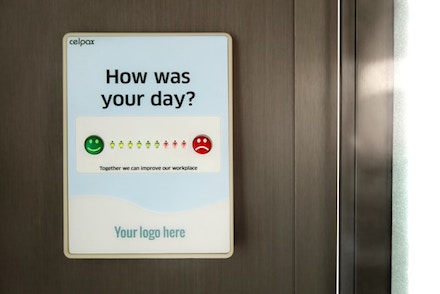

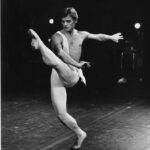

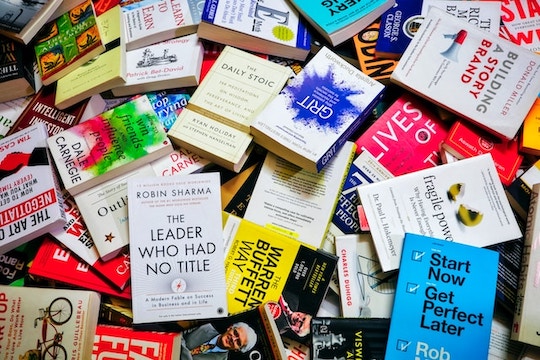

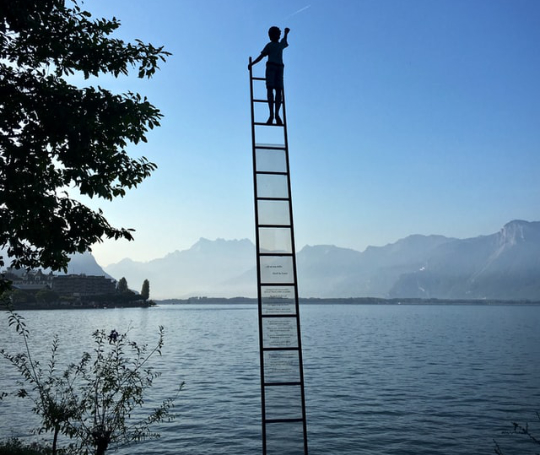
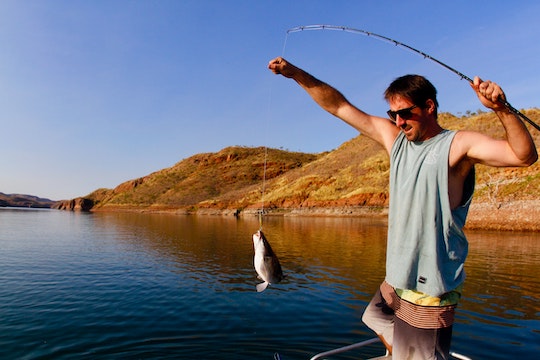
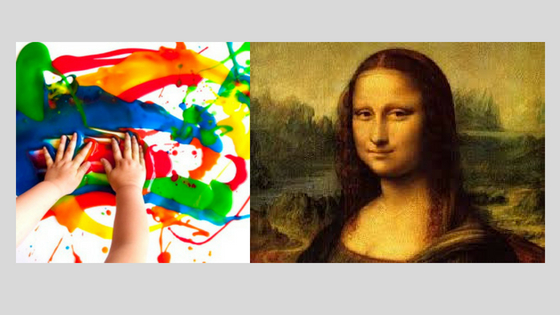

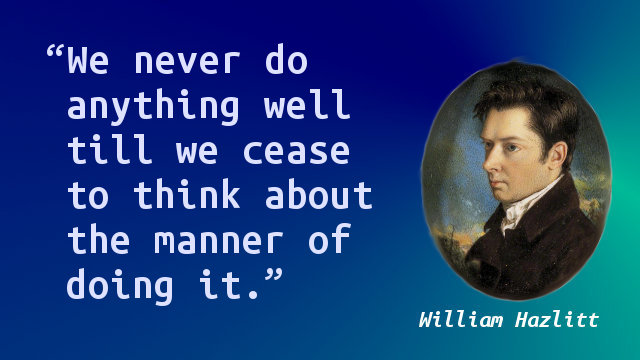 How many activities in the following list have you engaged in over the past year?
How many activities in the following list have you engaged in over the past year?